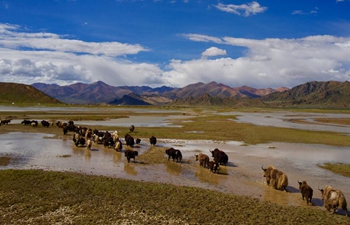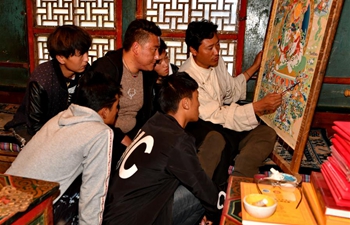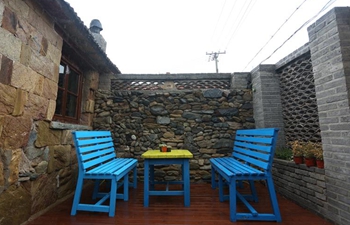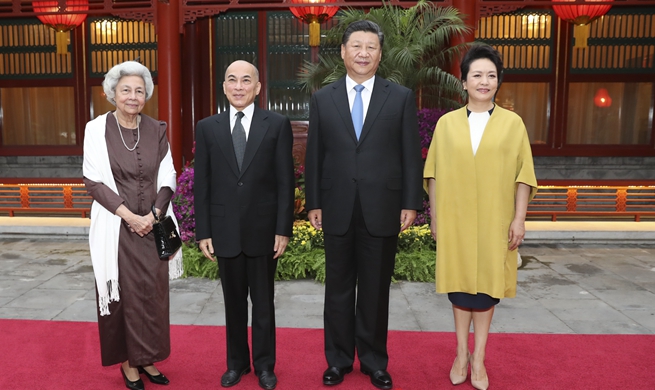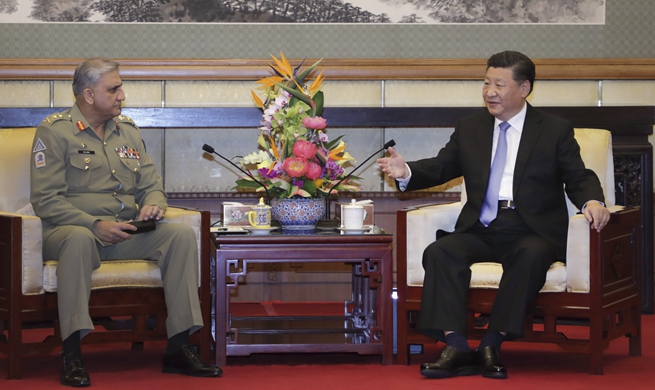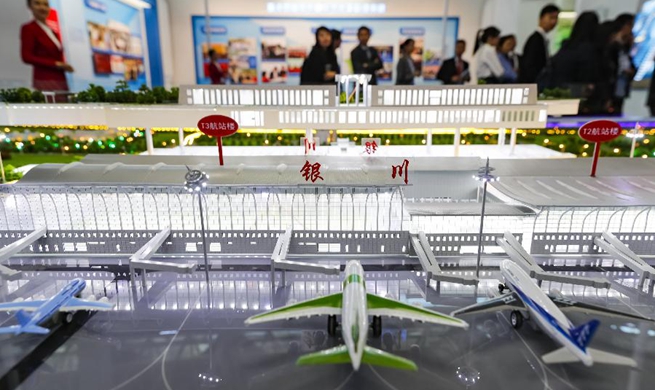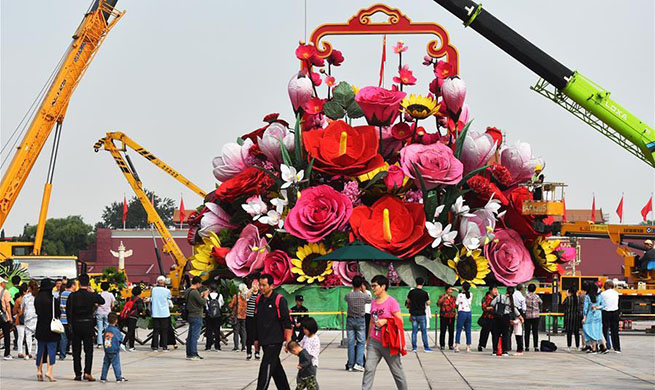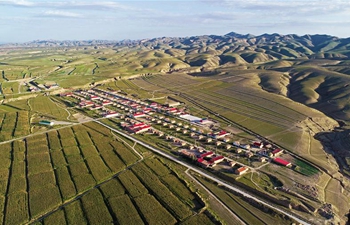GENEVA, Sept. 20 (Xinhua) -- For small and medium-sized enterprises (SMEs) to use digital technologies for internationalization, they must be connected to ICT (information and communication technology) and transport infrastructure, the head of the International Trade Centre (ITC) said on Thursday,
Arancha Gonzalez, executive director of the ITC, released the SME Competitiveness Outlook 2018: Business Ecosystems for the Digital Age at the World Trade Organization (WTO) here.
"Currently, around 1 billion people in low-income countries live more than 2 kilometers from an all-weather road," said Gonzalez .
She said about half of the world's population - 3.9 billion people, or 90 percent of them in the developing world and they do not use the internet.
"New technologies are emerging with the potential to reduce infrastructure costs," said Gonzalez.
She noted, however, that "old problems such as inadequate hard infrastructure and connectivity issues remain."
She cited new technologies such as advanced robotics, 3D-printing, big data, and the internet are rapidly changing the way firms do business.
The far-reaching nature of the transformation has led many to identify it as a fourth industrial revolution, or 4.0 for short.
"A strong business ecosystem is necessary to manage this change," said the ITC head explaining that this year's SME Competitiveness Outlook proposes how to create it.
She said the report focuses on technological changes related to digitalization and the rise of the platform economy.
"The digital platform revolution has greatly altered the way firms connect to others, be they buyers, suppliers, peers or supporting institutions at home and abroad," the report says.
It could be said it is entirely reshaping the business environment, or ecosystem, of SMEs that export or intend to export.
"Most of the potential benefits of changes in the ecosystem will be inaccessible if SMEs are not connected to physical and digital infrastructure," says the report.
SMEs without internet connections cannot take advantage of services provided through the platform economy, adds the report.
The Group of 20 leading economies organized its first digital ministerial meeting in 2017. The UN Secretary-General established a High-level Panel on Digital Cooperation in July 2018.




